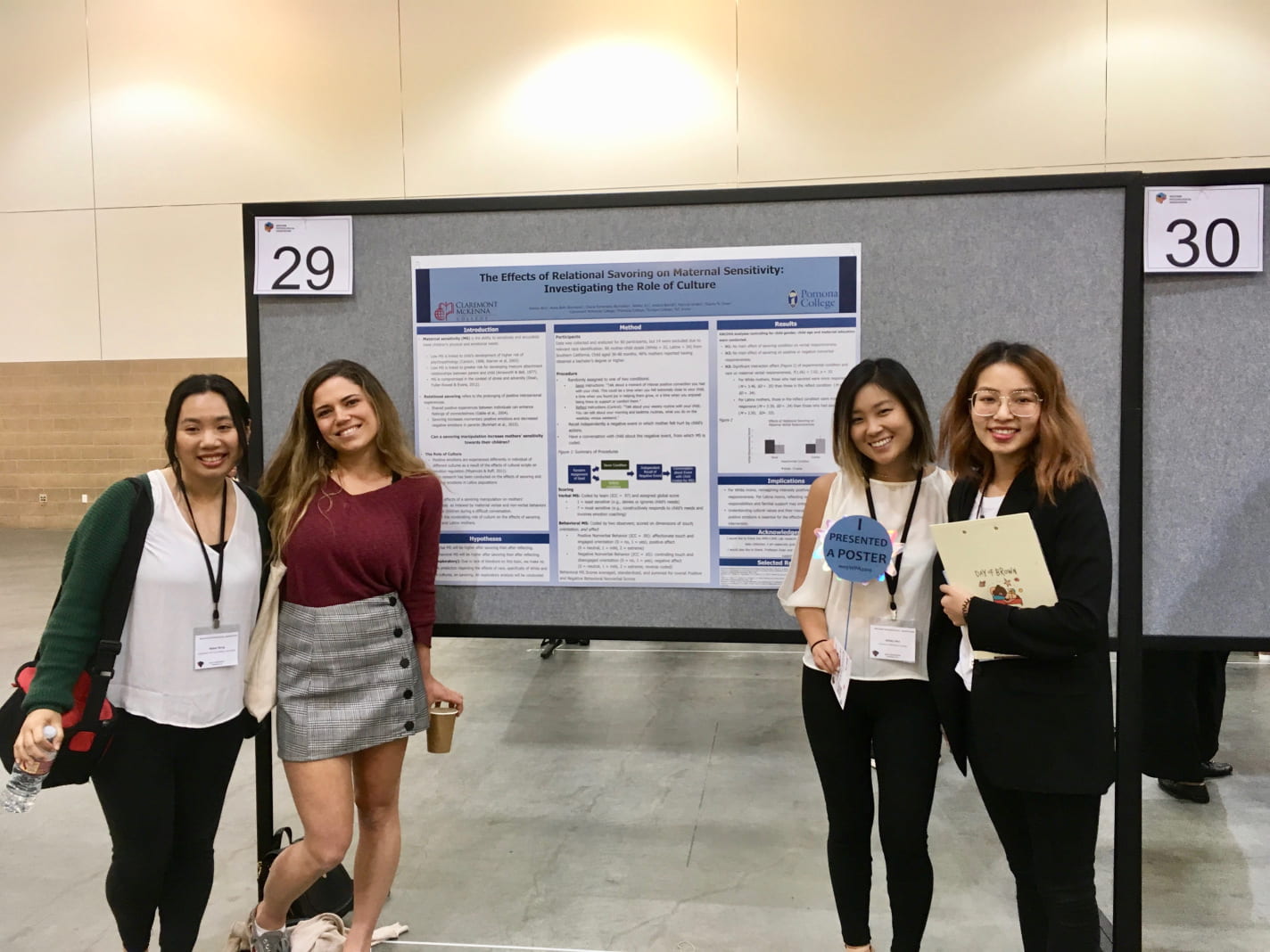Stop by and give a warm welcome to Jessica, Berger Institute’s new Research Coordinator. Jessica serves as the Lab Manager for the research arm of the Institute. She will be hiring and training Research Assistants, helping with study recruitment, delving into data analysis, and helping to publicize the research at the Institute.
Through working at multiple research labs before graduating with her Psychology degree from Berkeley in 2018, Jessica developed a strong interest in the study of emotion regulation, mental health, and interpersonal relationships. “It’s really interesting seeing how they all intertwine,” says Jessica, who described this interest as really blooming under her mentor, Dr. Ariel Starr, a professor at the University of Washington.
Upon seeing the open position at the Institute, Jessica was immediately interested: “This is definitely hitting almost all of the key points I have in my research interests,” shares Jessica. “I’m really excited to see the results. . .to look at the hard science data like cortisol and blood pressure and all of these things, and then linking it to mental health, I feel like is such a good strength, and it’s where the field needs to go.” Jessica is also very excited to work with Dr. Doan and Dr Smiley (at the AMH Care lab). “They are such strong women, and I get really excited when they’re teaching me something,” says Jessica.
If you would like to talk to Jessica more, she can be reached at jesvicman@cmc.edu or by stopping by the Institute office at Bauer North 224. “My door is always open if [there are] questions about clinical experience, research experience, the Marvel Universe, etc.” smiles Jessica.






